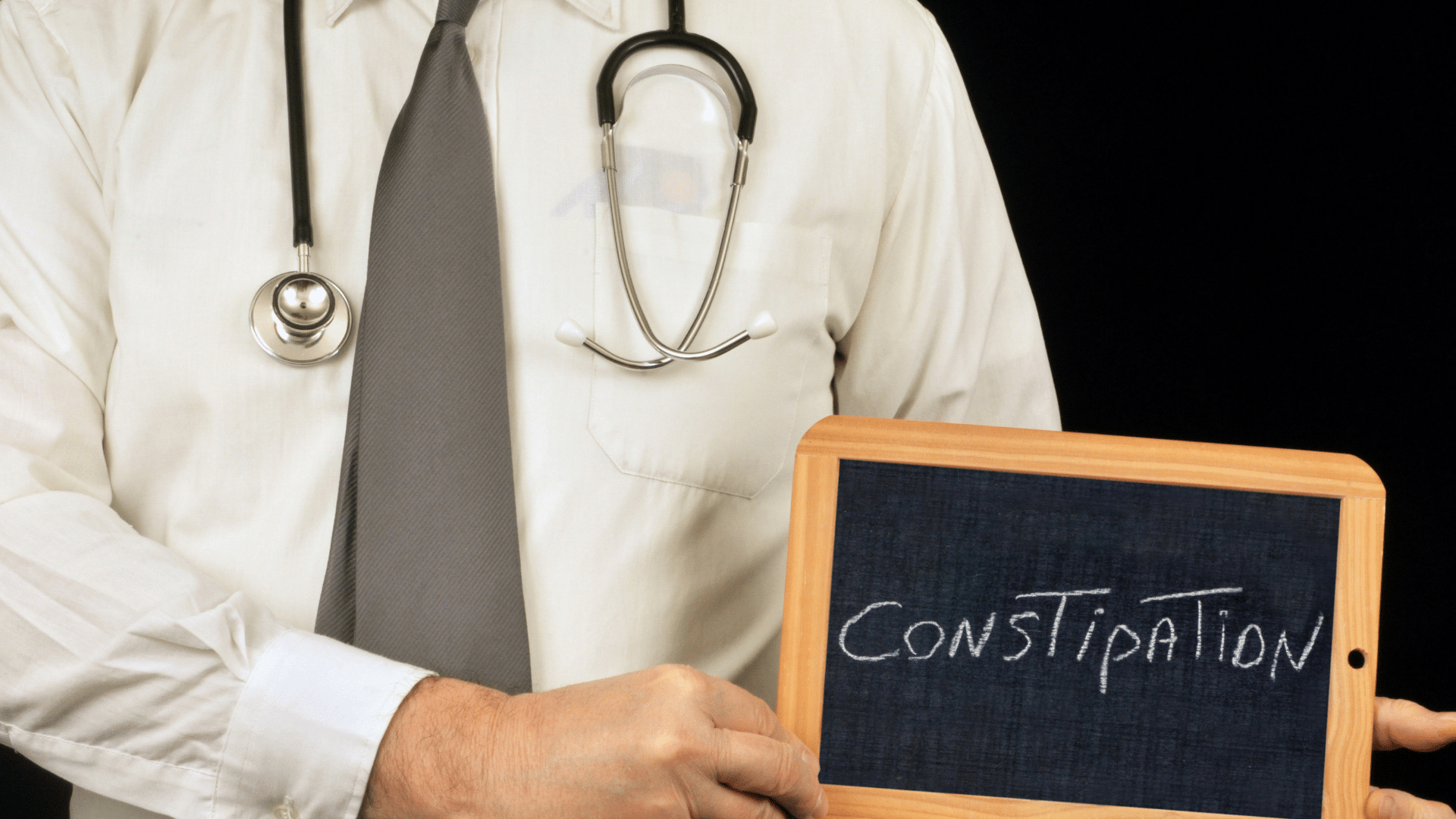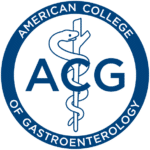Constipation
Are you struggling with constipation in John’s Creek, GA? You’re not alone. Constipation is a common digestive issue that can significantly impact your comfort and quality of life. At our gastroenterology clinic, we offer specialized services to help identify the underlying causes of constipation and provide effective treatment options tailored to your needs.


Understanding Constipation
Constipation is characterized by infrequent bowel movements or difficulty passing stools. It can be caused by a variety of factors, including dietary habits, dehydration, lack of physical activity, certain medications, underlying medical conditions, or structural abnormalities in the digestive tract. Symptoms of constipation may include straining during bowel movements, hard or lumpy stools, bloating, abdominal discomfort, and a sensation of incomplete evacuation.
Diagnostic Evaluation
Our experienced gastroenterologists will conduct a thorough evaluation to determine the underlying cause of your constipation. This may involve reviewing your medical history, performing a physical examination, and ordering diagnostic tests such as blood tests, imaging studies, or colonoscopy if necessary. Identifying the root cause of your constipation is essential for developing an effective treatment plan.
Treatment Options
Treatment for constipation will depend on the underlying cause and severity of your symptoms. Our clinic offers a range of treatment options, including dietary and lifestyle modifications, medications to soften stools or stimulate bowel movements, biofeedback therapy to improve pelvic floor function, and minimally invasive procedures for certain cases of chronic constipation. We will work closely with you to develop a personalized treatment plan that addresses your unique needs and preferences.
Preventive Care and Education
In addition to providing treatment for existing constipation symptoms, we emphasize the importance of preventive care and education. Our team will offer guidance on maintaining a healthy diet rich in fiber, staying hydrated, engaging in regular physical activity, and establishing regular bowel habits to help prevent constipation and promote overall digestive health. We believe in empowering our patients with the knowledge and tools they need to manage their digestive issues effectively.







